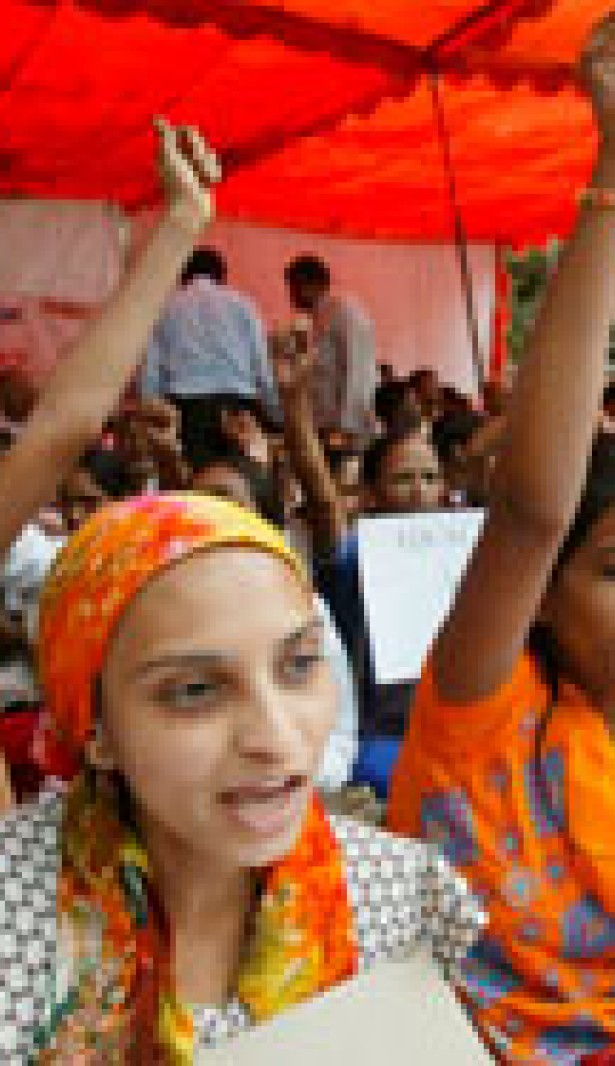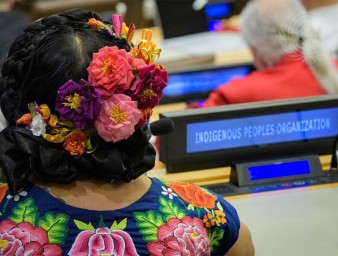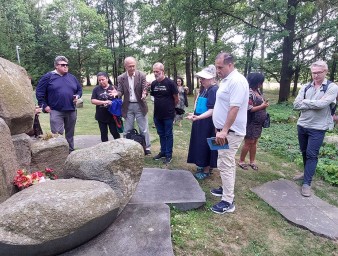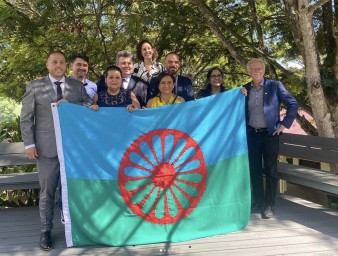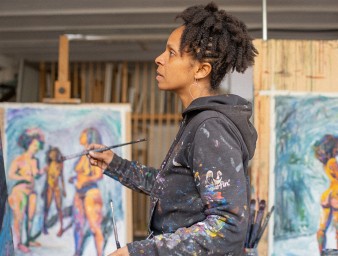Savio Mahimaidass: calling to end caste-based discrimination worldwide
21 January 2014
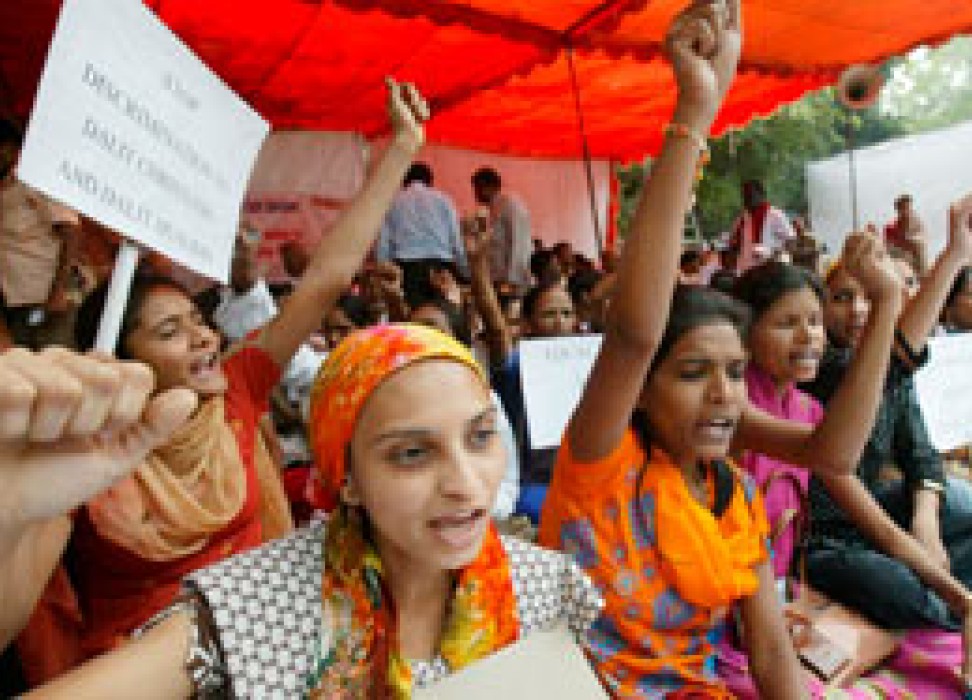
“Dalits are socially, educationally, economically and politically deprived of their dignity and rights, pushing nearly 90 million people to extreme poverty”, says the UN Human Rights Office Minority Fellow, Savio Mahimaidass.
He recalls that Dalits have been historically members of the lowest rank of South Asian societies and are treated as “untouchables”. Despite legislation to protect their rights, they are often forced into the most menial and hazardous occupations, such as cleaning human waste or sewers and are perceived as “impure” and “contagious” to other caste groups.
Other injustices against Dalits include segregation in housing and schools and the restriction of access to certain public places and public services, such as health care and education.
While today the Indian constitution protects Dalits from caste-based discrimination, not all Dalits have equal legal protection, says 43-year-old Mahimaidass, who has degrees both in Public Administration and Law.
As stated in the 1950 Constitution Order on Scheduled Castes,only Hindu, Sikh and Buddhist Dalits are considered to be of the “Scheduled Caste”: the group of Dalits who receive protection from the State in the form of quotas in employment, education and Parliament, as well as legal protection against caste-based discrimination. Those Dalits who are not listed as members of the “Scheduled Caste”, namely the Christian and Muslim Dalits, do not receive this protection, Mahimaidass says.
Mahimaidass recently participated in the five-week Minorities Fellowship Programme of the UN Human Rights Office in Geneva. Since the launch of the Programme in 2005, more than 100 men and women from national or ethnic, religious and linguistic minority groups have been given the opportunity to learn about the UN system and human rights mechanisms with minority rights as a key component.
“This program is important because it creates a link between the United Nations and the civil society,” says Mahimaidass.
Mahimaidass, who also participated in the South Asian Consultation held in Nepal , an event organized by the UN Human Rights Office in December2013, aims to voice the concerns of people affected by caste-based discrimination in South Asia and all over the world.
“Caste based discrimination is not just an Indian issue. It’s a global issue,” says Mahimaidass. “It is often exported to other countries, such as the United Kingdom, the United States and Canada.”
According to a study in 2006 on caste-based discrimination in the United Kingdom, conducted by Mahimaidass, amongst other researchers, on behalf of Dalit Solidarity Network (DSN – UK), Dalits across the United Kingdom felt that within the Indian diaspora community their identity was based on caste and that the caste system was very much in operation. The study documented non-Dalits discriminating against Dalits in the sectors of employment, politics, health care and education.
In response to these and other similar findings, Mahimaidass said the UK Government introduced new legislation in 2013 to ensure that the Government includes caste-based discrimination in the scope of the Equality Act.
Today Mahimaidass is working for the effective elimination of caste based discrimination internationally and calls for a united fight against caste based discrimination — one of the main root causes of the precarious economic situation of the world’s poor.
21 January 2014
